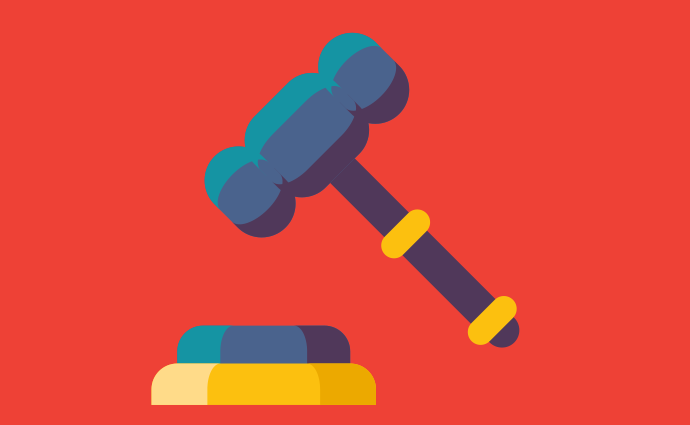Hospitals Ask for Relief from Healthcare Fraud Laws During COVID-19
AHA and other hospital groups called on the Justice Department to stop imposing penalties on providers whose coronavirus-related remuneration violate healthcare fraud laws during crisis.

Source: Thinkstock
- Leading hospital groups are urging the Department of Justice to ease penalties from the Anti-Kickback Statute and other federal healthcare fraud laws during the COVID-19 public health emergency.
For more coronavirus updates, visit our resource page, updated twice daily by Xtelligent Healthcare Media.
In a May 1 letter led by the American Hospital Association (AHA), hospital group leaders explained to Attorney General William Barr that healthcare fraud and abuse laws are posing an unnecessary risk to hospitals during the declared public health crisis.
The Department of Justice should follow in the footsteps of HHS and its Office of the Inspector General by relieving hospitals, health systems, and other frontline providers from potential criminal and civil monetary penalties when the agencies determine that remuneration related to COVID-19 care is covered by a blanket waiver or have decided to exercise enforcement discretion during the emergency, the groups requested.
During the COVID-19 public health emergency, HHS and CMS have released several rounds of blanket waivers that cover all healthcare professionals. The waivers aim to help providers maximize their workforce, facilities, and capabilities to respond to the COVID-19 crisis quickly and effectively.
For example, CMS announced earlier this month that it will still pay certain provider-based hospital outpatient departments under the Outpatient Prospective Payment System even though hospitals have been forced to relocate the departments off-campus. Typically, this move would require CMS to pay the departments lower rates under the Medicare Physician Fee Schedule.
The agency has also unveiled key regulatory flexibilities to expand coverage of telehealth services and enable advanced practice practitioners and other healthcare providers to deliver a wider range of services, while ensuring stable, predictable payment from Medicare.
OIG at HHS reassured healthcare providers in April that it will exercise its enforcement discretion not to impose administrative sanctions under the federal Anti-Kickback Statute for certain payments related to COVID-19 covered by blanket waivers from HHS.
“OIG recognizes that, in the current public health emergency resulting from the COVID-19 outbreak, the health care industry must be focused on delivering needed patient care. As part of OIG’s mission to promote economy, efficiency, and effectiveness in Department of Health and Human Services programs, we are committed to protecting patients by ensuring that health care providers have the regulatory flexibility necessary to respond adequately to COVID-19 concerns,” the HHS watchdog stated.
The Department of Justice has remained mum on the issue, prompting hospital groups to urge the department to confirm that it is taking a similar approach.
“It is imperative that the Department of Justice join its agency and law enforcement partners and confirm that such forms of remuneration deemed permissible will not be subject to prosecution under the Anti-Kickback Statute’s criminal provisions, civil monetary penalty provisions or the civil False Claim Act,” the groups wrote in the letter.
The letter is a follow-up to a March 20 plea from the AHA for the Department of Justice to take similar action by exercising its prosecutorial discretion when it came to the Medicare and Medicaid Anti-Kickback Statute and the Physician Self-Referral Law.
At that time, the association also urged HHS and its OIG to implement similar actions to give providers maximize flexibility with making referrals and compensating referring physicians and their family members.
While the Department of Justice has not commented on whether it will exercise discretion when determining the legality of healthcare remuneration, federal officials have widely remarked on potential healthcare fraud schemes coming out of the COVID-19 crisis.
In a March 16 letter to US attorneys, AG Barr said it is essential that the Department of Justice “remain vigilant in detecting, investigating, and prosecuting wrongdoing related to the crisis” considering reports of individuals and businesses selling fake cures and engaging in other forms of fraud, including phishing and malware.
Healthcare providers have been the target for many of these attacks during the COVID-19 pandemic.
“The pandemic is dangerous enough without wrongdoers seeking to profit from public panic and this sort of conduct cannot be tolerated,” AG Barr wrote.
